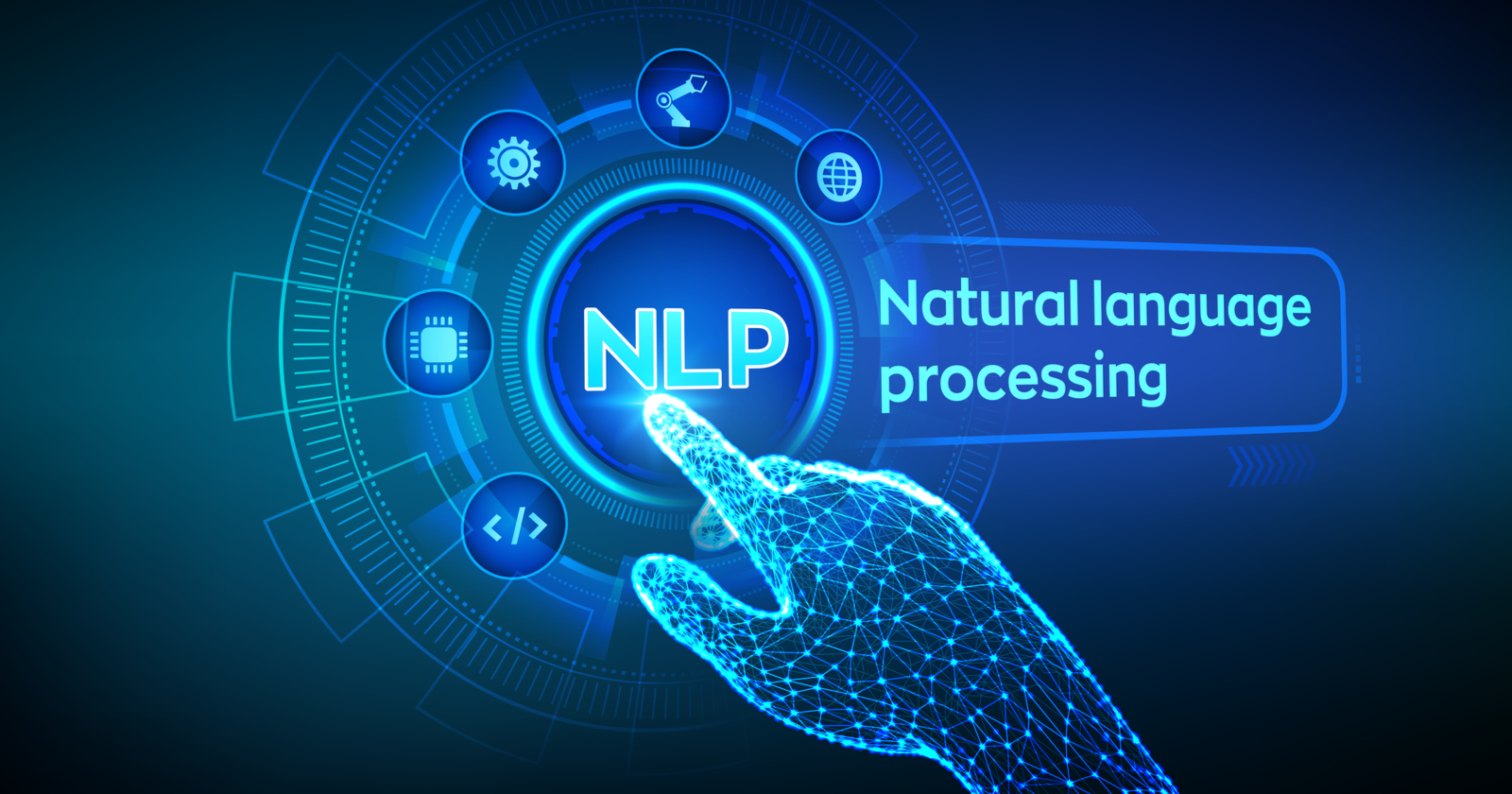In today’s fast-paced, tech-driven world, staying up-to-date with the latest software is no longer a luxury but a necessity. Whether you’re a professional looking to enhance your skills or a student preparing for a career in technology, software training courses have become the go-to method for acquiring essential digital competencies. However, the landscape of software training is evolving rapidly, thanks to advancements in technology and changes in the way we approach education. In this blog, we’ll explore the future of learning in the context of software training courses, uncovering the latest trends, strategies, and technologies shaping the way we acquire and master software skills.
Trends in Software Training Courses
1. Personalized Learning Paths
One of the most significant trends in software training is the move towards personalized learning paths. Traditional one-size-fits-all courses are being replaced by tailored learning experiences that cater to the specific needs and goals of each learner. Machine learning algorithms are used to analyze learners’ strengths, weaknesses, and preferences, allowing for the creation of customized curricula. This not only enhances the learning experience but also accelerates skill development.
2. Microlearning Modules
The days of sitting through long, monotonous lectures are fading away. Instead, microlearning modules are taking center stage. These bite-sized lessons are designed to be consumed in short, focused bursts, making it easier for learners to absorb information and retain it. Mobile apps and online platforms are making microlearning accessible anytime, anywhere, making it a popular choice for busy professionals.

3. Interactive Learning Environments
Engagement is crucial in effective learning, and the future of software training embraces this concept wholeheartedly. Interactive learning environments, including virtual labs and simulations, allow learners to practice their skills in a risk-free setting. Gamification elements such as badges and leaderboards also add an element of competition, motivating learners to excel.
4. AI-Powered Assessments
Assessing progress and knowledge retention is an integral part of any learning process. Artificial intelligence (AI) is revolutionizing this aspect by providing smart assessments. These assessments adapt to the learner’s skill level, ensuring that questions are neither too easy nor too challenging. This results in more accurate evaluations and feedback.
5. Real-World Projects and Case Studies
Learning by doing is a proven method for skill acquisition. Software training courses are increasingly incorporating real-world projects and case studies. Learners get to apply their knowledge in practical scenarios, enhancing their problem-solving skills and preparing them for the challenges they’ll face in their careers.

The Role of Technology in the Future of Learning
The future of learning in software training courses is intrinsically linked to technology. Here are some of the key technological advancements driving this transformation:
1. Artificial Intelligence (AI) and Machine Learning
AI and machine learning algorithms are being used to personalize learning experiences, analyze learner data, and improve the effectiveness of assessments. These technologies can also predict when a learner is likely to struggle with a particular concept and offer additional resources or guidance accordingly.
2. Virtual Reality (VR) and Augmented Reality (AR)
VR and AR are revolutionizing the way we learn complex software. They provide immersive environments where learners can interact with software in a realistic manner. This hands-on experience is invaluable for mastering intricate software tools.

3. Blockchain for Certification
Blockchain technology is being used to verify and secure certifications earned through software training courses. This ensures that credentials are tamper-proof and can be easily verified by employers, making them more valuable in the job market.
4. Cloud-Based Learning Platforms
Cloud-based platforms offer scalability and accessibility. Learners can access their course materials, projects, and assessments from any device with an internet connection. This flexibility is especially beneficial for remote or busy professionals.
5. Natural Language Processing (NLP)
NLP is being used to create chatbots and virtual assistants that can answer learner queries, provide guidance, and facilitate discussions. These AI-powered helpers make the learning experience more interactive and responsive.

The Importance of Soft Skills
While software training courses primarily focus on technical skills, the future of learning acknowledges the significance of soft skills. Employers are increasingly valuing skills such as communication, teamwork, and adaptability. Many software training programs now include modules that help learners develop these essential soft skills, recognizing that a well-rounded professional is more likely to succeed in today’s competitive job market.
In conclusion, the future of learning in software training courses is bright and exciting, thanks to personalized learning paths, microlearning modules, interactive environments, AI-powered assessments, and real-world projects. Technology, including AI, VR, and blockchain, is playing a pivotal role in this transformation, making learning more accessible and effective. Moreover, the recognition of the importance of soft skills adds a holistic dimension to software training, preparing learners not only for technical challenges but also for the demands of the modern workplace. As the digital landscape continues to evolve, staying ahead in software skills will remain essential, and the trends outlined here will continue to shape the future of learning in this domain.

